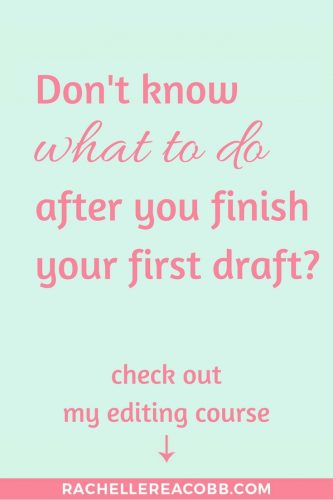I wrote my first romance novel at the ripe old age of 18. I was a freshman in college on Christmas break with a whole December to myself, so I decided to write a book. Why romance? Christian fiction has always been my favorite genre—romantic fiction, to be exact. So it made sense that the genre I loved to read became the genre I loved to write.
Looking back now, I know that it was because I love the genre so much and read so many novels in that genre that I had a good grasp of what a romance novel needs to succeed. I also believe that’s why the very first historical romance novel I ever wrote was also the first one I signed a contract for four years later. So if you want to write your first romance novel, I share below the three things you need to consider:
Why Do You Want to Write Your First Romance Novel?
When I was twelve, I used to wait for the box crammed into our mailbox that meant the Love Inspired novels had arrived. I always read the historical ones first, then the contemporary ones. I learned to love times gone by and love stories set there in those small pocket novels.
Because of that early exposure to clean Christian love stories, I fell in love with love–and reading about love. I have always adored history, but there’s something about a story of a hero and his lady that reminds my heart of the way Christ wooed me.
You need to have that same passion for the genre, too.
So ask yourself the question, why is it that you want to write your first romance novel? Why romance? If it’s because you love the genre, you’re golden.
If there’s any tugging in your soul to YA fiction or dystopia or women’s lit, go for it. I don’t have any advice left for you in this post, unfortunately, but this is the most important step before you write your book: committing to a genre.
How to Choose a Hero and a Heroine
The first novel I ever wrote will never again see the light of day. I wrote it at 17, chose to set it in a fantasy world, and shaped the heroine after myself. Prideful? Maybe. If you’re already headlong into planning or outlining (this pantser admires you!), take a good long look at your two main characters. You don’t want either hero or your heroine taking after you.
The temptation is all too strong: just a character trait here and a physical resemblance there, and all of a sudden you’re writing about yourself. That’s where danger! danger! warning signs should go off in your mind. Because it’s infinitely more difficult to write a novel about yourself than about someone else. Some reasons for this:
- Who wants to cause conflict on themselves? Not me. And a novel is nothing without conflict. This is what was wrong with my first attempt at a novel.
- Crafting a unique story will be nearly impossible because you’ll find yourself writing the story you’re living.
- We’re our own worst critics. This nearly always translates into your hero/heroine being unrelatable and/or unlikable. Harsh but true.
A quick tip
As I mentioned above, the reason I love writing and reading love stories is that the hero always reminds me of Jesus, and the heroine always reminds me of me. But here’s the thing: when I wrote my first romance novel, I chose to craft a secondary character after myself. (For readers of my Steadfast Love series who may wonder what I mean, I wrote Margried to be most like me.) Try doing the same, and let your hero/heroine shine for who they are.
And about conflict…
I already said that a novel is nothing without conflict. In case you skimmed that, really let it sink in for a moment. A novel is nothing without conflict.
Now, hear me when I say that conflict can manifest in a lot of different ways:
- a villainous character (as in my debut novel, The Sound of Diamonds)
- a circumstance, event, or something even less tangible, such as a choice made by one of the characters (as in The Sound of Silver)
- an institution (as in The Sound of Emeralds)
- etc.!
Conflict can also take on different tones, depending on the pacing or depth of your novel. When conflict is a choice, the pace may be slower but the characterization may exact much from your novel’s cast. When conflict is an actual villain, the motivation of that villain must be crystal clear to the reader.
Whatever way you choose to include conflict in your novel, do include it! Deepen it. Then explore deepening it further. Throw everything you’ve got at your characters. Every single scene and chapter must have a mini-climax of victory or defeat. In a romance novel, every single source of conflict must threaten to draw the hero and heroine apart.
This is the essence of conflict in romance: will they ever get together?
I hope this article helps as you consider (or continue!) writing your first romance novel. Please leave me a note in the comments section below and don’t forget to download your worksheet by clicking here!



The worksheet button isn’t working. Could you fix it or send it to me, please?
Here’s the direct link, Christina! https://rachellereacobb.com/wp-content/uploads/Love-Story-Worksheet-from-Rachelle-Rea-Cobb-1.pdf